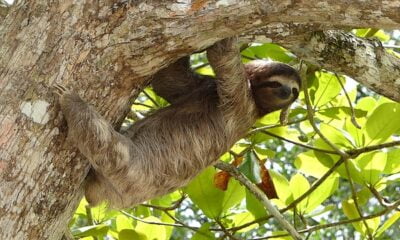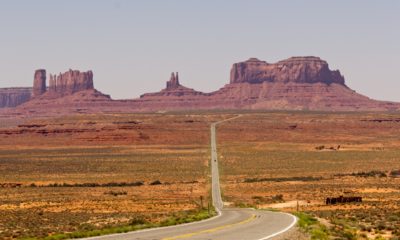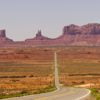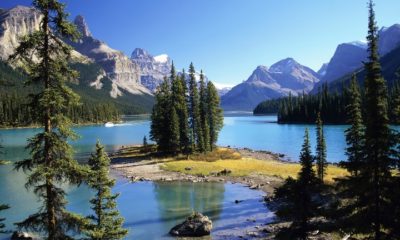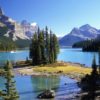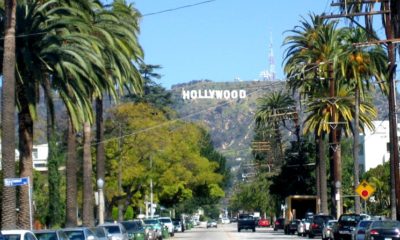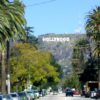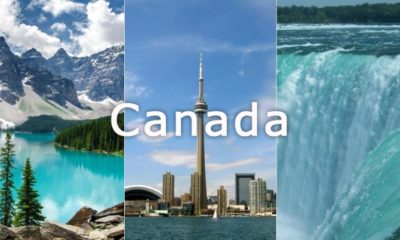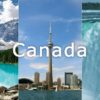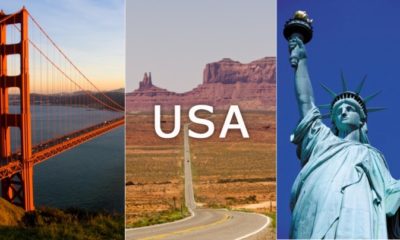North & Central America
Backpacking Jamaica Need To Know
Basics
Language:
Capital:
Currency:
| Dial Code:
International Access Code:
Emergency Services Number:
Time Difference:
|
Entry
Citizens of most countries (including all EU countries, The US, Canada, New Zealand and Australia) do not need a visa. The period of stay is usually between 30 and 90 days depending on nationality.
Yellow fever vaccination is required for travellers arriving from countries with risk of yellow fever transmission.
Your passport should be valid for a minimum period of 6 months from the date of entry into Jamaica.
For official information visit jhcuk.org or your home government travel bureau.
Getting Around
Avoid using buses at night.
More detail is to come in this section, but you can read about general advice regarding Getting Around When You Get There
Accommodation
Jamaica has hostels in major cities and tourist areas.
The average price of a hostel is 1770-2655 JMD (£10-15) a night.
All hostels in Jamaica will provide linen and bathroom facilities. Usually there will be internet facilities as well as common and laundry rooms.
Read more about Accommodation When You Get There and Living in Hostels
Food And Health
Restaurants are cheap and cooking facilities in hostels are rare.
Food hygiene and safety is satisfactory, but isn’t up to Western standards. Use your instincts; if the place looks dirty, don’t eat there; if your food isn’t piping hot, don’t eat it.
Water is generally not safe to drink, so it is best to buy bottled or boil.
Medical treatment can be expensive. The standard of private medical facilities can vary throughout the island. Make sure you have adequate travel health insurance and accessible funds to cover the cost of any medical treatment abroad and repatriation.
Mosquito borne viruses are present in Jamaica, so you should take steps to avoid being bitten by mosquitoes. Always contact your GP around 8 weeks before your trip to check whether you need any vaccinations or other preventive measures. Visit here for Recommended Vaccinations and read here for more about Travelling Health In General
Weather & Time To Go
The hurricane season in the Caribbean normally runs from June to November. The climate is tropical, so very hot and humid throughout the year. It is best to visit in the dry season; December to May.
Communications
Internet and wifi is widespread and accessible in most hostels. Local pay-as-you-go SIM cards for your mobile phone and international calling cards are cheaply available.
Dangers And Considerations
Crime levels are high in the capital city Kingston, but mainly due to gang violence confined to inner city neighbourhoods, including West Kingston, Grant’s Pen, August Town, Harbour View, Spanish Town and certain parts of Montego Bay.
The motive for most attacks on tourists is robbery. Be vigilant at all times, don’t walk alone in isolated areas or on deserted beaches and take particular care when withdrawing money from ATMs. Try to vary which restaurants you use; using the same place too often might make you a target for thieves.
Contrary to popular belief, it is illegal to smoke marijuana in Jamaica and there are severe penalties for all drug offences. Possession of even small quantities of illegal drugs can lead to imprisonment. All sentences are served in Jamaica and prison conditions are harsh.
Jamaican laws make certain homosexual acts illegal.
Dangers constantly change. Always check with your foreign office (British Foreign Office webpage) or travel advice bureau for the latest information regarding your destinations safety.


